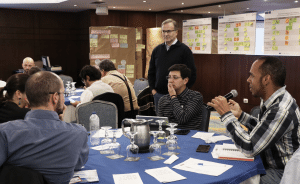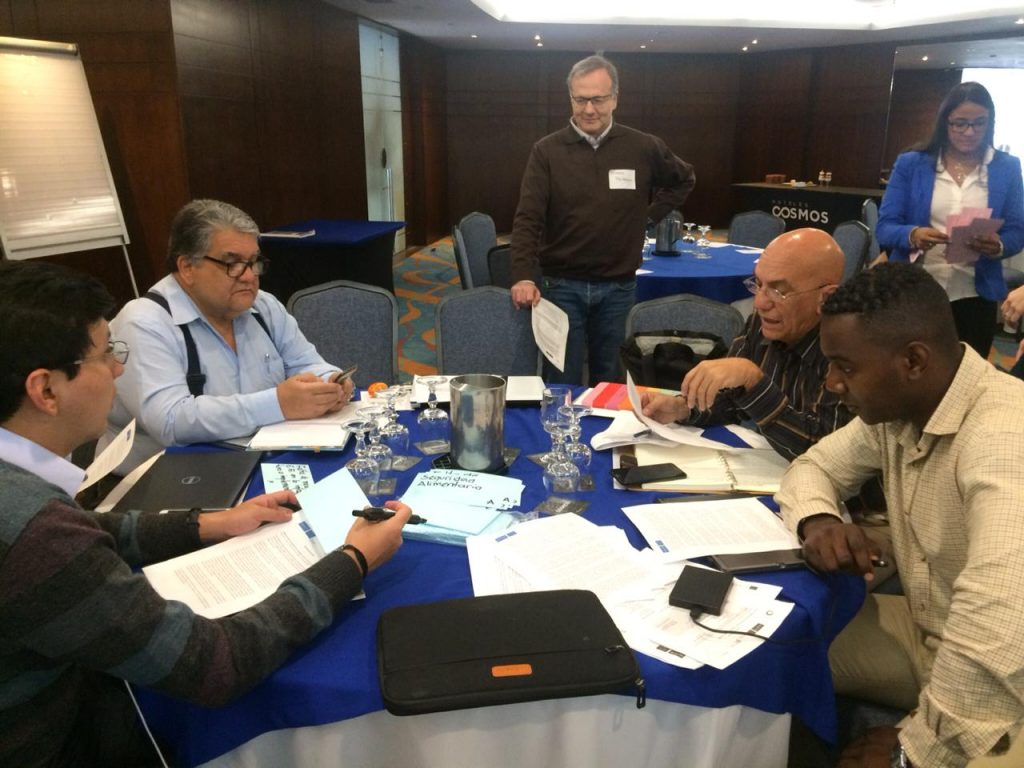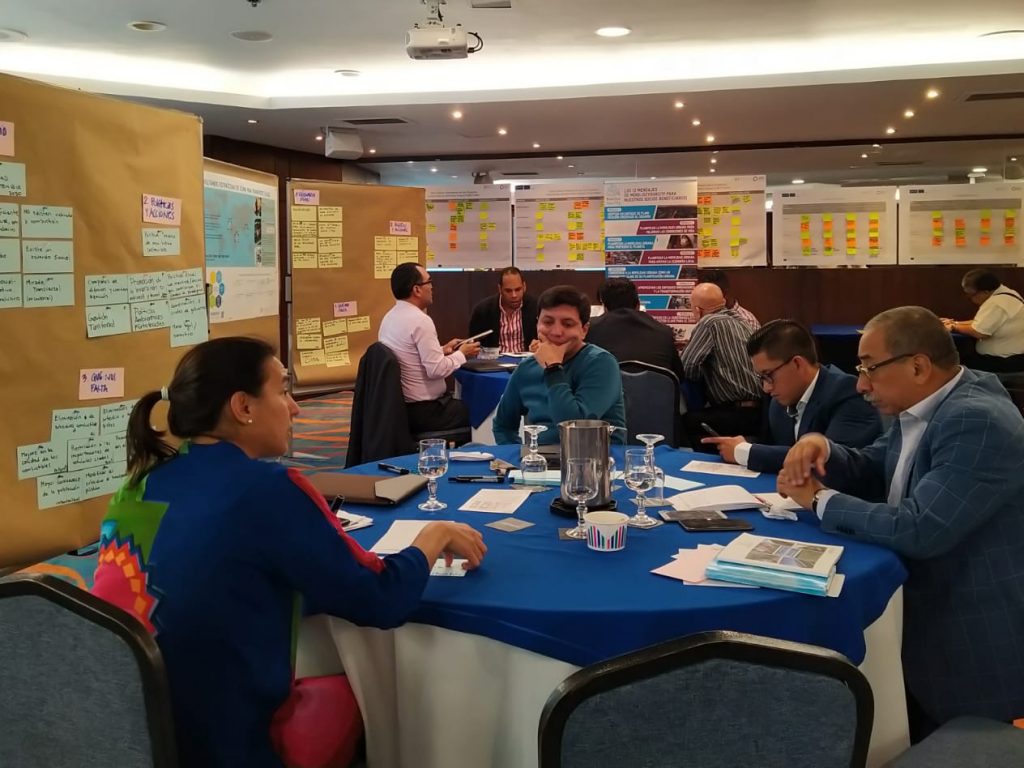
Developing policies and strategies that contribute to the decarbonisation of the transport sector is essential for the fulfilment of the objectives of the Paris Agreement. By 2020, countries submit new or updated Nationally Determined Contributions (NDCs) that should be more ambitious than the NDCs submitted so far. In the context of raising ambition in the NDCs and enhancing the contribution of the transport sector, a regional dialogue was organised that brought together experts and officials at the national and local level from 13 Latin American countries.
The participants that came together in Bogotá, Colombia from February 19 to 21, 2020 represented ministries of transport and environment from all across Latin America. In various sessions over the course of three days, participants discussed strategies, policies and projections that aimed to incorporate ambitious transport measures into strengthened NDCs.



Among the key messages that resulted from this workshop were:



A region committed to adaptation and mitigation in the transport sector
Since many countries in Latin America are highly vulnerable to the consequences of climate change, many regional NDCs have a strong focus on adaptation, sometimes also in relation to the transport sector.
The timeframes set for the submission of NDCs in Latin America vary between 2020 and 2024. However, all countries are already making efforts to identify concrete actions and enhance the overall ambition of their NDCs regarding the mitigation of climate change. Peer exchanges like the one facilitated by the workshop help them to learn from each other and deepen commitments already made. All Latin American countries have incorporated transport into their first NDCs as a relevant sector. The next years offer considerable prospect for the sector to make an increasing contribution to enhanced ambitions in the second round NDCs of Latin America.
Context
The workshop was organized by the Advancing Transport Climate Strategies (TraCS) project of GIZ in cooperation with the EU-financed EUROCLIMA+ and the Partnership on Sustainable Low Carbon Transport (SLoCaT), with the support of Chile holding the COP25 Presidency.
Along with the workshop, a series of exchanges of experiences and initiatives were carried out, which also allowed for conversation on what is being done in the field of sustainable mobility in the region, enabling the establishment of deepened cooperation between countries and ministries.
You are currently viewing a placeholder content from X. To access the actual content, click the button below. Please note that doing so will share data with third-party providers.
More Information